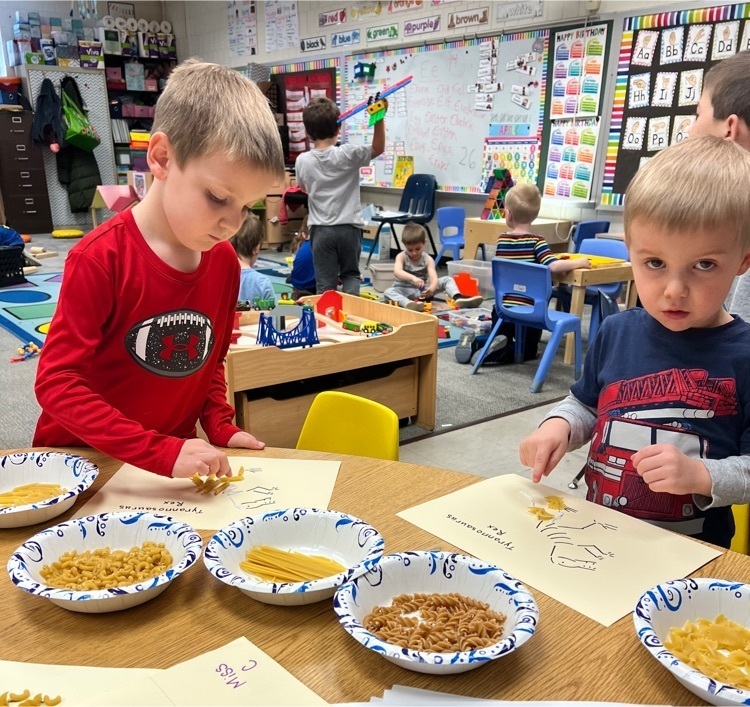Ag Day at West





The Pre-K dig site is open! The students pretended to be paleontologists and dug for fossils. They had to identify the dinosaur they found and piece it back together! 🦕






Olympia CUSD 16 is now hiring for multiple teaching positions.
- 6th Grade Science
- 6th & 8th Grade English Language Arts
- Olympia West Elementary Physical Education
Read more about these positions and apply today by following the link below. Come join our amazing team and become part of Spartan Nation!
https://www.generalasp.com/olympia/onlineapp/default.aspx

2nd Graders were so excited to visit the third graders' chicks that hatched this week!


Want to keep your kiddos outside this summer to soak up some sun? 2nd Grade packed everything you need to keep them busy, so check it out at Family Fun Night!

Are you looking for something to do on the weekends or this summer? The third grade Gettin' Crafty cart can help you! Don't miss this item on the Family Fun Night silent auction.

Who's feeling lucky? 🍀 The Lotto Cake basket, donated by 5th grade, will be on the silent auction at Family Fun Night.

Our third grade chicks have hatched! Students were able to visit and hold the chicks today.



Mr. Mullins visited third grade and taught us how to make our fables in to digital storyboards!

Not one, but two opportunities to win a Game Night basket donated by Pre-K. Stop by the silent auction during Family Fun Night and check out these games.


The 4th grade "A Latte of Love" basket will help you get ready to start your day. Don't miss this basket on the silent auction this Friday at Family Fun Night.

The Pre-K students created dinosaur skeletons using a variety of noodles. 🦖



The first grade Family Fun Night basket will have you begging for sunshine and a day at the pool!


It’s National Administrative Professional’s Day today! To change it up a bit, here is a short poem to celebrate all of the ways that you make Olympia a wonderful place to work and visit. THANK YOU!
Admin assistants, we sing your praise,
For all the tireless work you do each day,
From greeting visitors with a warm smile,
To answering phones with patience and style.
Your skills are many, and your commitment is vast,
You handle all our needs, from first to last,
The schedules, the paperwork, the meetings too,
We don't know how we'd manage without you.
You're often the first friendly face we see,
And your hard work sets the tone for the day to be,
We know we can count on you, without fail,
To keep our schools running smoothly and prevail.
In the midst of all the serious work,
Know that we love all of your little quirks,
Maybe a funny joke or a silly pun,
To brighten up our day and make it fun.
So here's to you, admin assistants,
We appreciate you more than words can say,
You make our school a better place,
And we thank you for it every day!

Congratulations to Ella for completing the 4th grade Tower of Books reading challenge. This year she has read 40 books in a variety of reading genres.

Pre-K Spartan Scoops is open for business! 🍦




These Olympia West PreK students are ready for Kindergarten. They reported they were ready to start Kindergarten tomorrow! Lots of excitement at Kindergarten Round Up.

All fourth grade students worked together to make a tie-fleece blanket. The blanket will be on the silent auction at Olympia West's Family Fun Night on April 28.

Fourth grade students in Mrs. Swartzendruber's class celebrated the completion of IAR testing today with a donut and a joint kickball game with 5th grade.



Fire Updates: OHS and OMS students will not have school tomorrow, April 14th. There will *not* be a remote learning day. Elementary school will be in attendance for a normal school day. Thank you for all of the support and concern that was expressed today. 💙

